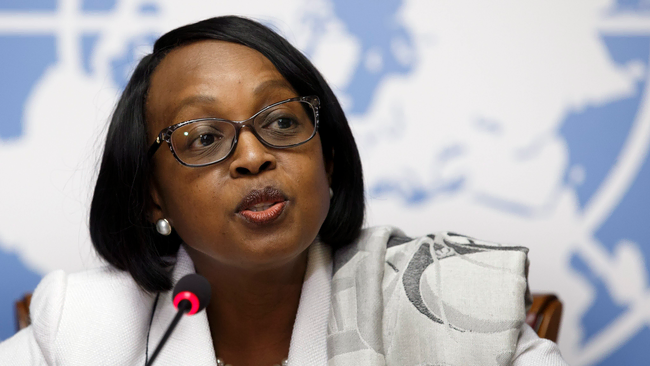A new analysis by World Health Organization (WHO) has shown that climate-related health emergencies are increasing in Africa and accounting for more than half of public health events recorded in the region over the past two decades.
The analysis showed that of the 2,121 public health events recorded in the African region between 2001 and 2021, 56% were climate-related even as the region is witnessing an increase in climate-linked emergencies, with 25% more climate-related events recorded between 2011 and 2021 compared with the previous decade.
In the analysis, WHO called on governments to, among other things, prioritize human well-being in all key decisions, stop new fossil fuel explorations and subsidies, tax polluters as well as implement WHO air quality guidelines.
In his reaction, WHO Regional Director for Africa, Dr Matshidiso Moeti said that climate change remains one of the greatest threats to humanity, adding that the entire foundation of good health is in jeopardy with increasingly severe climatic events.
“In Africa, frequent floods, water- and vector-borne diseases are deepening health crises. Although the continent contributes the least to global warming, it bears the full consequences,” he said.
According to the WHO analysis, water-borne diseases accounted for 40% of climate-related health emergencies over the past two decades.
Read also: Study shows climate change likely cause of birds laying eggs earlier
It showed that In Africa, diarrhoeal diseases are the third leading cause of disease and death in under 5 children, with a significant proportion of these deaths preventable through safe drinking water, adequate sanitation and hygiene.
The analysis also showed that vector-borne diseases such as yellow fever, accounted for 28% of the climate-related health emergencies, while zoonotic diseases, specifically Congo-Crimean haemorrhagic fever, were the third most prevalent.
It showed that natural disasters have spiked dramatically since 2010, with floods among the most frequent event, accounting for 33% of all the reported natural disasters.
A report by the Netherlands-based Global Centre on Adaptation had shown that In Africa, climate change is likely to expand the range of malaria high-risk zones even as its impact is also likely to slow the progress against hunger, with an additional 78 million people in Africa facing chronic hunger by 2050.
Story was adapted from World Health Organization Africa.
